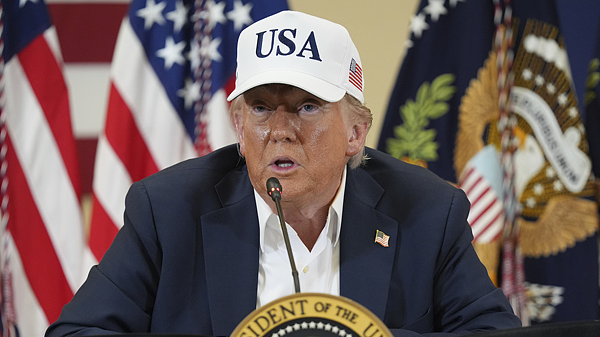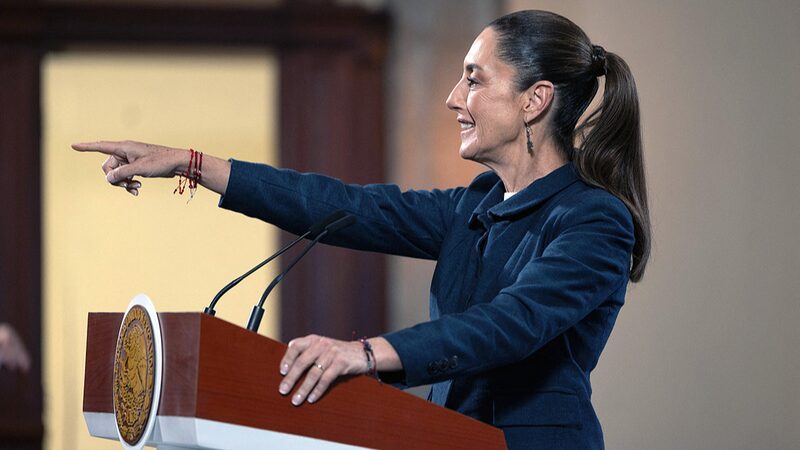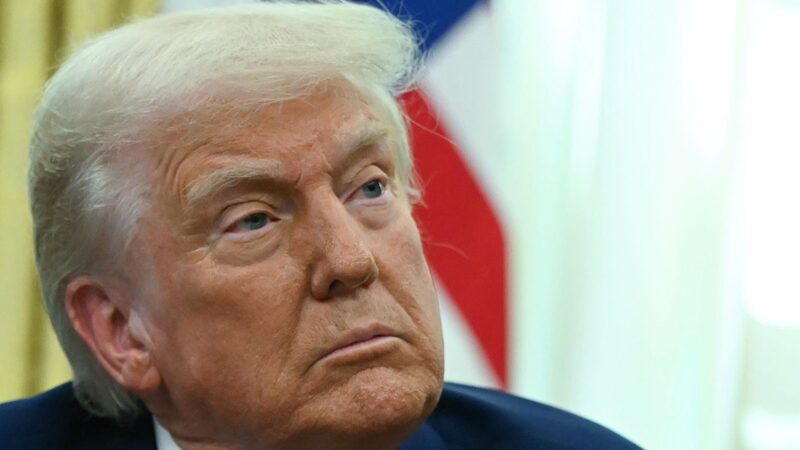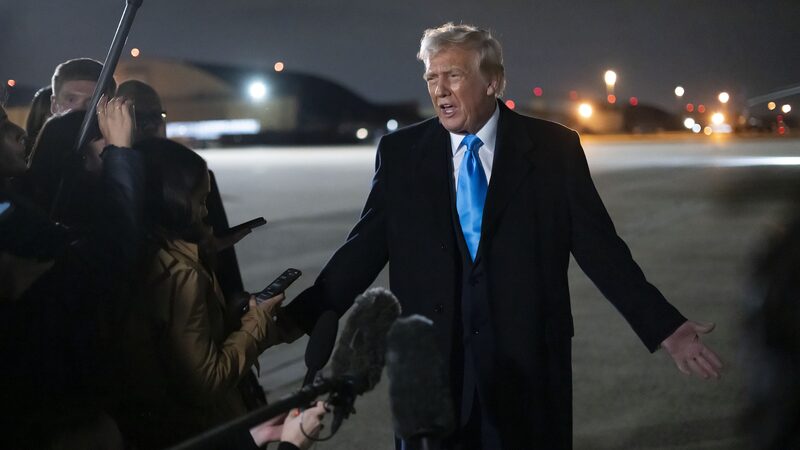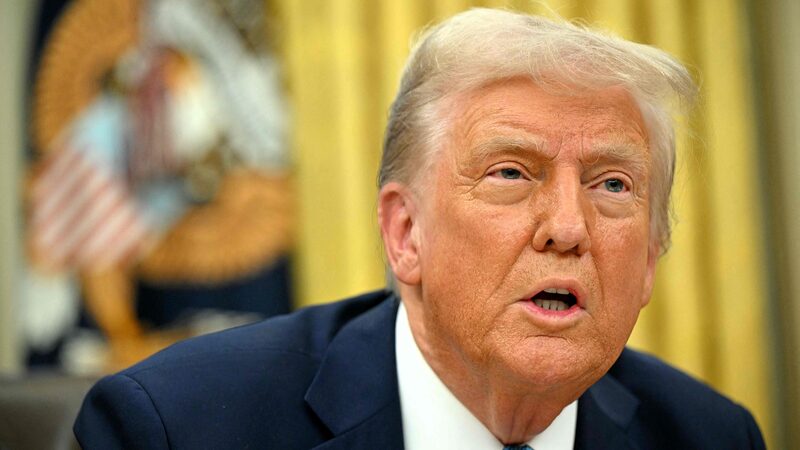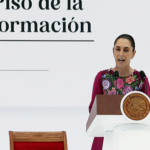U.S. President Donald Trump has announced plans to impose 30% tariffs on imports from the European Union and Mexico starting August 1, escalating global trade tensions after weeks of unsuccessful negotiations. The move, communicated via letters to European Commission President Ursula von der Leyen and Mexican President Claudia Sheinbaum, signals a hardening stance toward key trading partners.
Contentious Rationale
Trump accused Mexico of failing to curb drug cartels smuggling fentanyl into the U.S. and criticized its immigration policies. Regarding the EU, he cited "long-term, large, and persistent Trade Deficits" caused by tariff and non-tariff barriers, calling the relationship "far from reciprocal." The letters mirrored language used in recent warnings to Canada, South Korea, Japan, and Brazil, where proposed tariffs range up to 50%.
International Responses
Von der Leyen emphasized the EU’s readiness to negotiate but warned of "proportionate countermeasures," stating tariffs would disrupt transatlantic supply chains. Mexico’s Economy Ministry called the move "unfair" but confirmed ongoing talks to avert the tariffs. Analysts warn the measures could destabilize global markets if implemented.
Broader Implications
The announcement comes amid heightened scrutiny of U.S. trade policies ahead of the November election. Business leaders fear retaliatory measures could impact sectors from automotive to agriculture, while investors monitor potential supply chain shifts. The outcome of August 1 negotiations may set precedents for future U.S. trade relations under a possible second Trump administration.
Reference(s):
Trump threatens 30% tariffs on EU, Mexico amid trade tensions
cgtn.com
